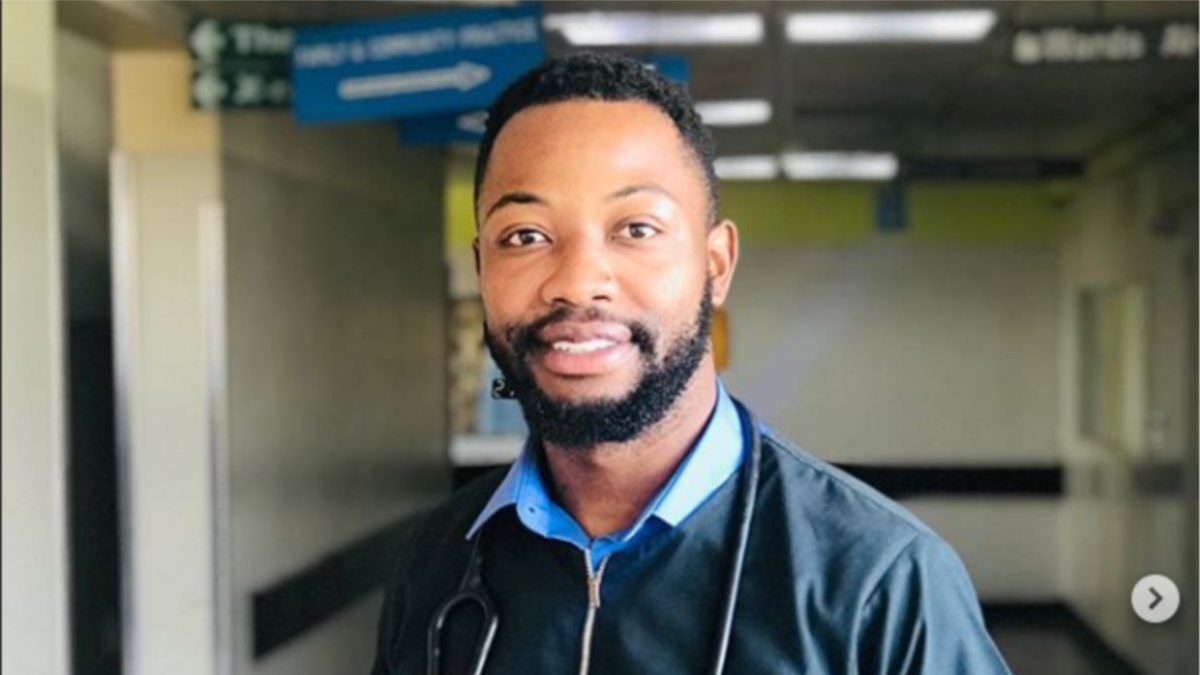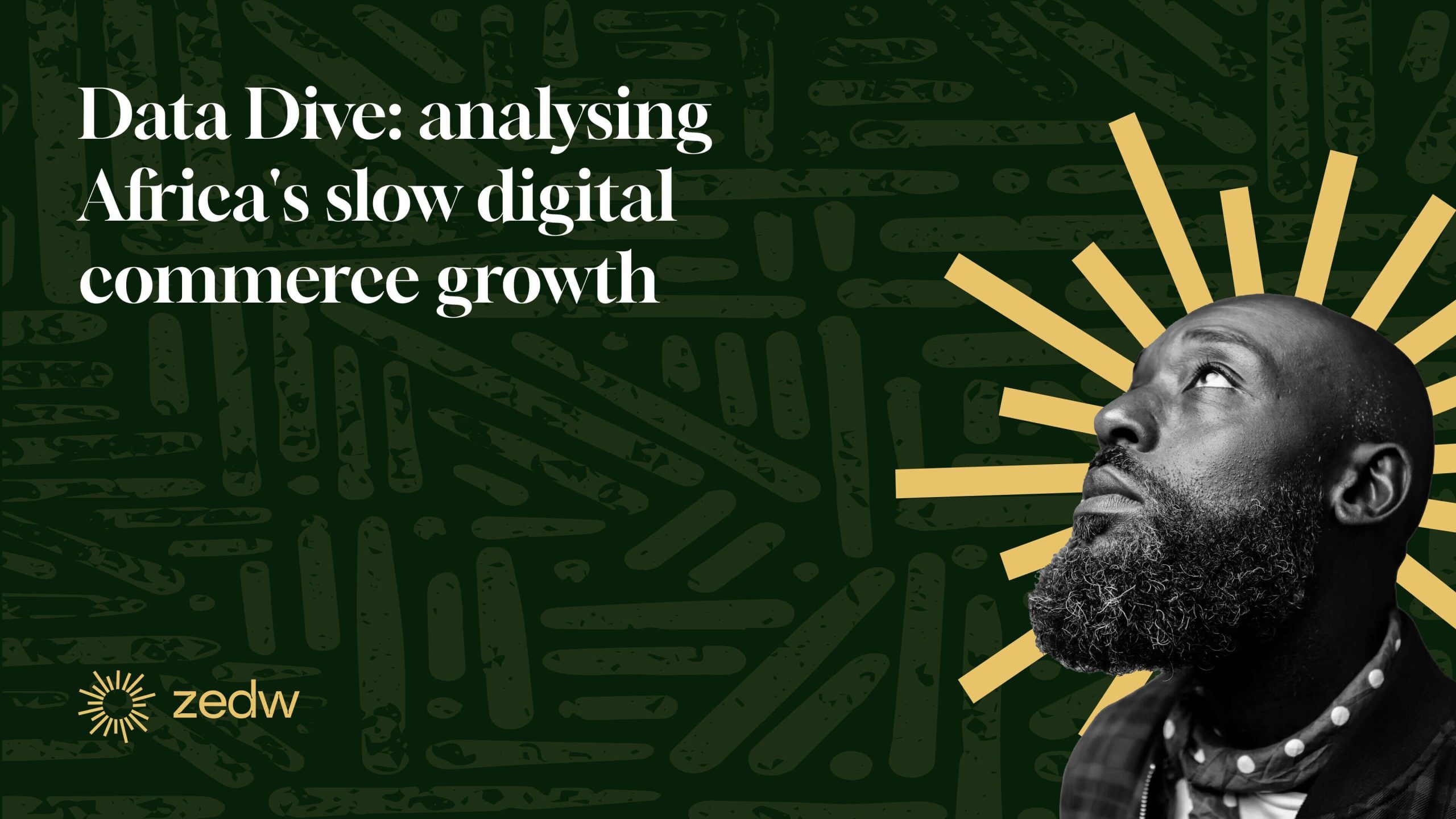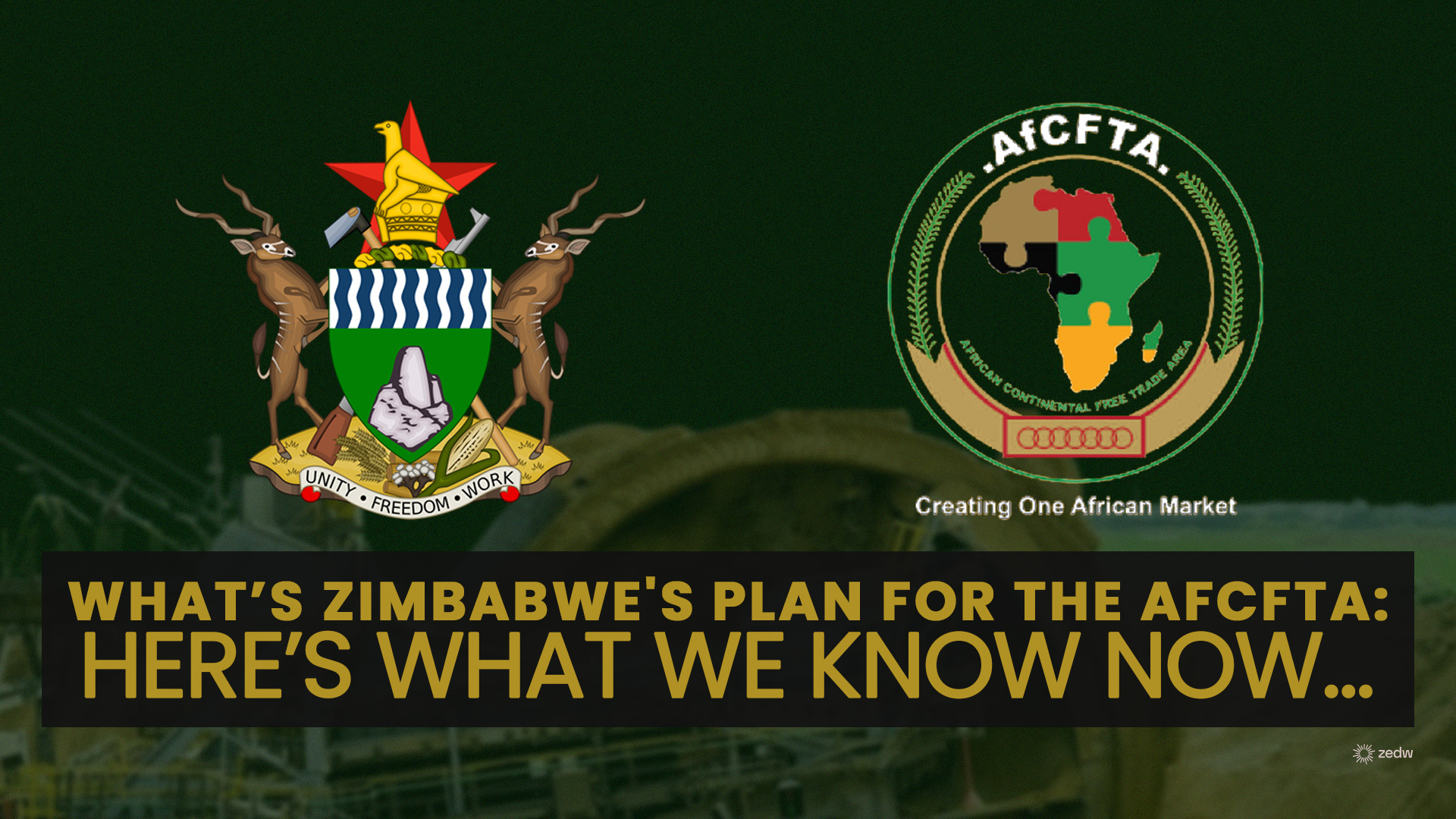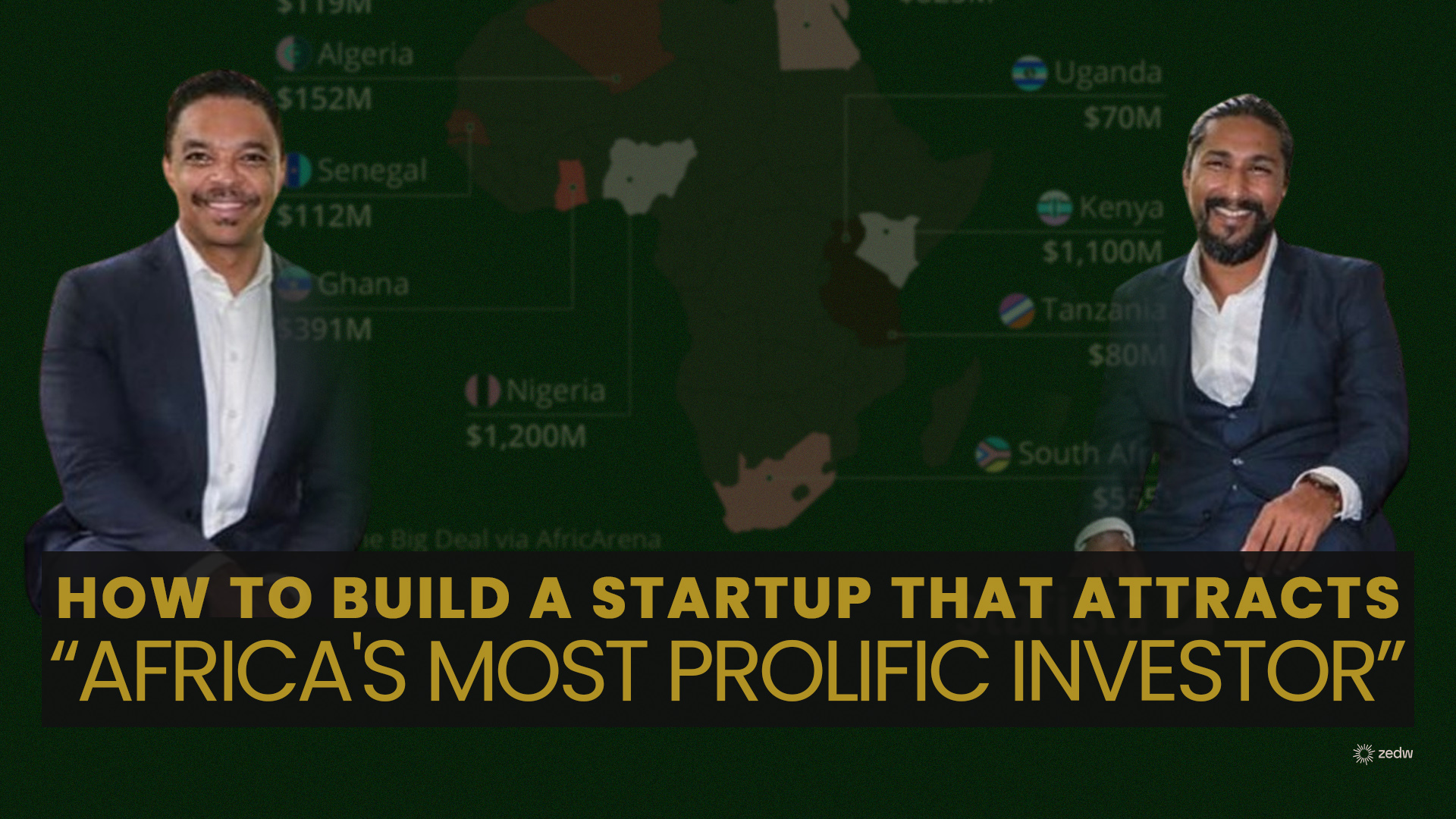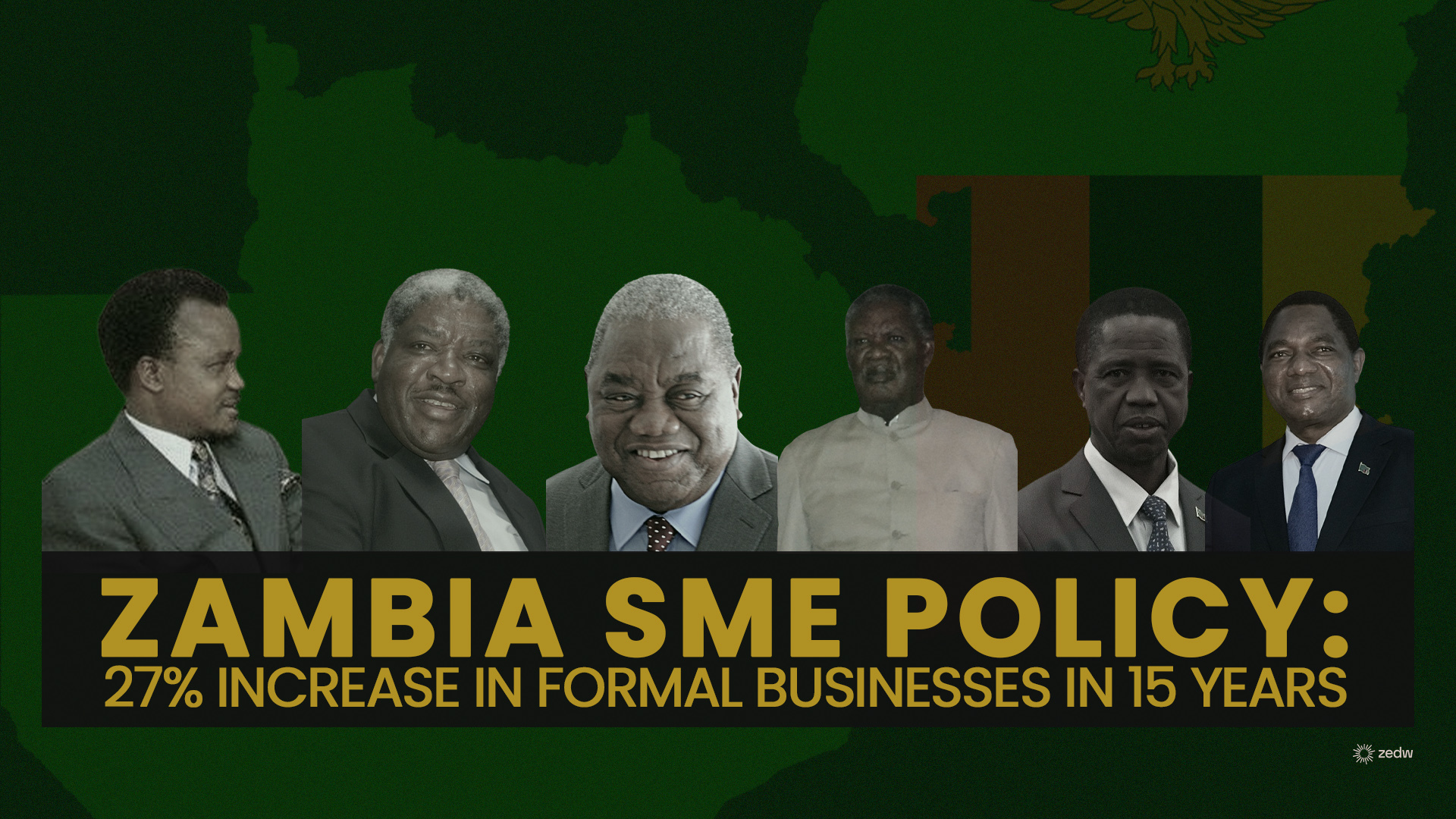Yesterday we reported on Azanza Health, a local health startup that was selected by the Bill and Melinda Gates-backed Investing in Innovation (i3) Africa program. We got in touch with the team at Azanza and were able to have a conversation with the CEO, Dr Tinotenda Micheal Simemeza who shared more about the health startup.
How did Azanza come about?
It was an idea my friends and I started in 2019 when we were interns/ Junior Doctors. The idea came about from just seeing and experiencing our healthcare system. We realised that there was a lot of potential to help and improve healthcare access for our people.
During that time we met one of our mentors Professor Mark Keller who was visiting Zimbabwe on a teaching project with the University and He introduced us to some devices that he brought with him portable ultrasound system and Electrocardiogram system with ability for remote interpretation.
We thus had an idea of how to create a system with these devices and our own mobile applications we were developing to help improve health access and reduce cost of getting care. And then we started.
Working on the frontline for 2 years made us quickly realise the needs that were there by our patients and as doctors, we couldn’t readily provide timeously either due to lack of skill and also lack of resources that’s how all our projects came about trying to solve that need as efficiently as possible with the best skills attending to it.
Dr Simemeza
What tech, business or personnel challenges did Azanza face in its infancy?
Well, primarily lack of equipment, we also lacked the required skills to operate we were just interns at the time and registration required to practice but these are things we then studied and managed to overcome as we progressed and we managed to also partner with leading experts both locally and internationally who helped us build the project and refine our models.
Dr Simemeza
How were you able to resolve those challenges (in part or in full)?
We have been bootstrapping which is always the major struggle but we have managed to partner with the right experts and refined our models.
We also in the process refined our pitch and have entered multiple pitching competitions locally and internationally including BancABC pitch completion and now the Bill and Melinda Gates backed invest in innovation Africa
Dr Simemeza
On your website, it says “We work not just with you but with other members of our ex: cardiology and health and medical community to build a network of people working together for a healthier world.” How far does this network stretch and which communities does it serve?
We want to create a network of medical experts, technology and primary care physicians that work together and contribute to the management of a patient without necessarily being at the same place at the same time being of extreme advantage to the patient but with the professionals also being fairly renumerated. We are essentially trying to creating an uber/ Airbnb of health care efficient with the ultimate beneficiary being the patient.
Dr Simemeza
What sort of devices do you use and how have they impacted the cost and logistics aspects of your service delivery as opposed to running diagnostics in the traditional manner?
We use portable devices with the advantage that we can bring the expert to the patient (in person, whether through our devices, our cloud system or our applications) as opposed to the patient coming to the expert.
This reduces transport costs for the patient and also having to travel city to city to get expert healthcare we are trying to deliver it to them without compromising on standards.
Dr Simemeza
And to those in the communities that you serve, what are the cost savings (or cost comparisons) to accessing diagnostic services through Azanza as opposed to going to regional centres?
On average we reduce costs by upto a third or even more if you then compute the logistics required to access good timeous healthcare ie traveling from all corners of Zimbabwe because service is in Harare etc the cost is greatly reduced.
Dr Simemeza
On the business side of things, what does revenue look like month-to-month for Azanza from inception till now? And what have been the restrictions to scaling your operations with things as they stand?
Revenue will ultimately be good as we expand our operations but through this grant which is our first one we can ultimately say we are no longer bootstrapping. We have started operations in Lesotho and we hope to start Work in Zambia and Botswana by the beginning of the 2nd quarter of 2023.
Dr Simemeza
How will the funding from the Investing in Innovation program help you scale Azanza’s operations?
We are buying equipment with it and also developing our wellness/Telehealth centre in Harare to be open soon.
Dr Simemeza
And for those who are curious where the name “Azanza” comes from, Dr Simemeza said that it’s an African fruit tree that is drought resistant and in Shona, it is called Matohwe (Azanza Garckeana). He said that it embodies the aspects of resilience and fitness we are trying to impart to the African people.

